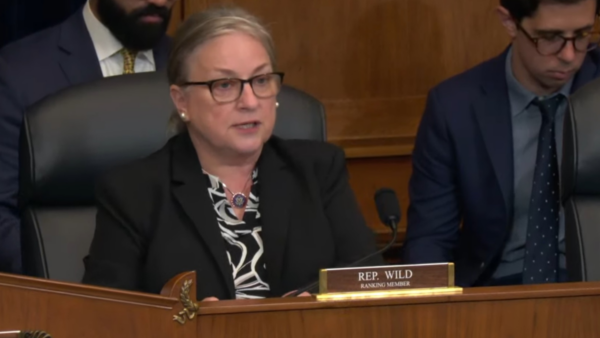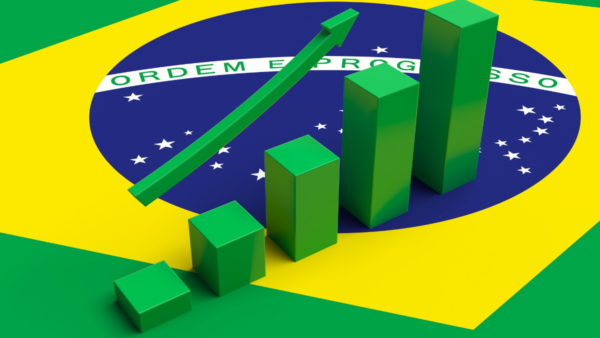Originally published by Capital Reset, in Portuguese
The Brazilian government managed to cool the heated emotions of the agribusiness caucus in the Senate last Wednesday, approving a bill to create a regulated market for carbon emissions.
Despite making up the bulk of Brazil’s agricultural production, crops and livestock were exempted from emissions caps, and the Senate’s Environment Committee unanimously approved the bill to regulate carbon markets, now sending it to the House.
The vote was the result of an agreement between Senators Leila Barros — the bill’s rapporteur — and Tereza Cristina, former agriculture minister in the far-right Jair Bolsonaro government and representative of the Parliamentary Front for Agriculture (FPA).
The concessions made to agribusiness displeased some sectors of the government, which hoped to regulate the economic activity that emits the most CO2 in the country.
In practice, however, this would take years. Measuring agribusiness emissions is extremely complicated, and the methodologies for doing so are still few and recent. No regulated market in the world includes agriculture.
The essence of the bill is the creation of the Brazilian Greenhouse Gas Emissions Trading System (SBCE), a cap-and-trade mechanism similar to the one in place in the European Union since 2005.
Regulated entities are allowed to emit a certain amount of pollutants. Those who emit less than their quota can sell their “positive balance” to those who have exceeded their limits.
The caps get tighter over the years, making it more expensive to offset carbon emissions and creating economic incentives to decarbonize.
Instead of imposing obligations on rural producers, the bill wants to induce rural decarbonization in another way, through the voluntary market. Slaughterhouses or soybean processing plants, for example, could be regulated.
The idea is that farmers and livestock producers will adopt practices that are less harmful to the climate, such as reducing the use of chemical fertilizers. Adding in the carbon sequestered by the soil, rural properties would have a positive CO2 balance — which...


 Search
Search











































